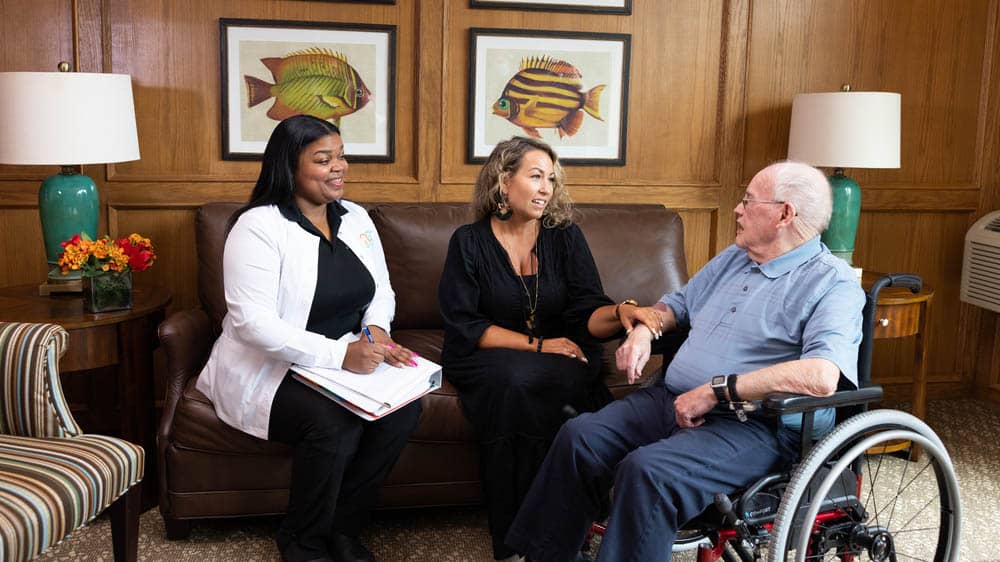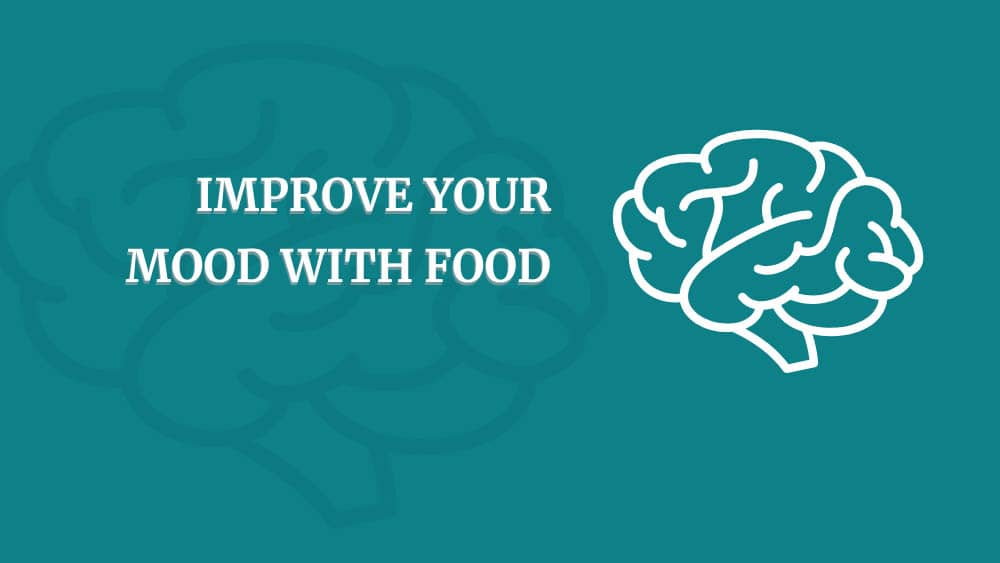

What You Need to Know to Immediately Recognize a Stroke
Stroke is now the No. 2 cause of death worldwide, with someone on this planet experiencing a stroke every two seconds. October 29 marks World Stroke Day, which aims to educate people about the risk factors and signs of a stroke to reduce the stroke mortality rate.
Strokes, depending on the severity, can be treated, and patients can make successful recoveries afterwards. Time is of the essence when it comes to a stroke, since the sooner you recognize the symptoms and seek medical attention, the more you can maximize the recovery after a stroke.
Here are the symptoms to know so you can immediately recognize a stroke:
1. Remember F.A.S.T.
The American Stroke Association promotes a helpful mnemonic device to remember the most important signs of stroke and what to do if you spot the signs.
Face drooping is a telltale sign of a stroke. If your loved one’s smile seems uneven or lopsided, it might be a good idea to get them to a doctor.
Arm weakness is also a sign of a stroke. If your loved one cannot raise both hands over their head or if one arm is weak or numb, get them to a doctor immediately.
Speech difficulty or slurred speech that makes it suddenly hard to understand the person you are talking to is also a common sign of a stroke. The American Stroke Association recommends asking the person to say a simple sentence like, “The sky is blue.” If they cannot, consider the next step, which is:
Time to call 9-1-1. If someone you are with displays any or all of these signs of stroke, it’s vital that you get them to a hospital immediately. The sooner a stroke can be treated, the better the chances for recovery.
2. Sudden Vision Loss
Aside from face drooping, arm weakness and speech difficulty, sudden vision loss is also a sign that someone has already experienced a stroke.
A transient ischemic attack (TIA), sometimes called a mini-stroke, does not necessarily disrupt the rest of the body’s systems, so you may not even realize you had one until a week or two after it occurred. One in four strokes are recurrent, so identifying when you’ve had a stroke can help you better manage your health to reduce the risk of experiencing another stroke.
3. Severe Headache
A stroke can cause swelling in the brain leading to pretty severe headaches. If you have no history of migraines, the onset of a sudden severe headache could be a sign that you are either having or recently had a stroke. Even if you do have a history of migraines, don’t hesitate to call your doctor if it feels different than others, or if it is accompanied by any of the other symptoms mentioned here.
4. Dizziness or Imbalance
In addition to feeling weakness or numbness in the arm or leg along one side of the body and difficulty with speech, a symptom that a TIA is occurring is sudden dizziness or loss of balance. While it may not last long, it is cause for concern and you should seek medical attention immediately. A TIA is typically brief and many of the signature signs of stroke can appear milder than arteriovenous malformation (AVM), or hemorrhagic stroke.
5. Vomiting
Studies have shown that vomiting is one of the most common symptoms in stroke patients and an early predictor of severe stroke. Nausea and vomiting are especially common symptoms with a TIA and are believed to be triggered by dysfunction in the medulla during the occurrence of a stroke.
If you experience any of the above symptoms, please seek medical attention immediately. While it’s true that roughly 6.5 million people die from stroke each year, it is also true that about 26 million stroke survivors live to see another day. Take your health and stroke symptoms seriously, and you will be one of the lucky ones.







